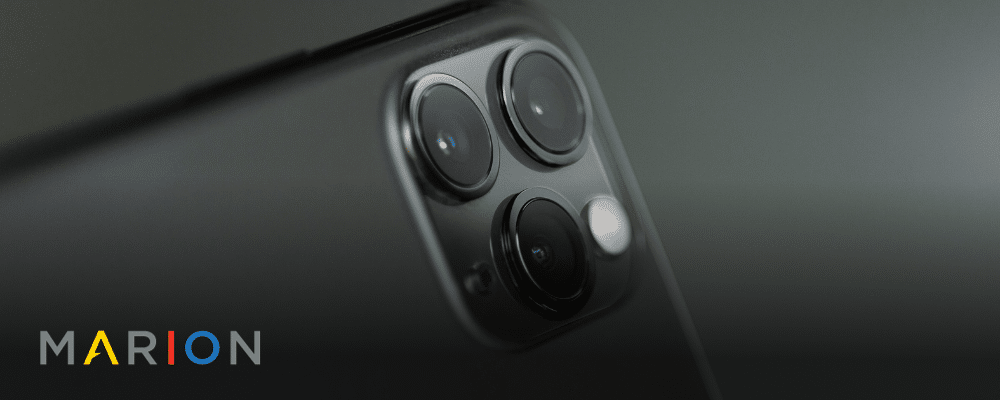Apple, a name synonymous with innovation, has a rich history of product launches that have shaped the tech landscape and consumer culture. These events have become iconic not only for their unveiling of groundbreaking products but also for their masterful marketing strategies. Let’s take a journey through time to explore some of the most successful Apple product launches, key moments, and how their creative marketing approach has evolved over the years.
Why Are Apple Events So Successful?
Apple’s events have achieved unparalleled success due to their exceptional marketing strategies. By creating anticipation, weaving compelling narratives, and engaging the audience with live demonstrations, Apple crafts an experience rather than just a product launch.
Their emphasis on simplicity, user-centricity, and ecosystem integration fosters brand loyalty. Furthermore, Apple’s commitment to consistency in branding and post-event content ensures a lasting impact. These elements, combined with their knack for surprise and delight, make Apple’s events not only memorable but also a benchmark in the world of marketing.
Apple’s Product Launches Over the Years
Let’s take a stroll down memory lane and explore the fascinating history of Apple’s iconic product launches.
The Macintosh (1984)
The Macintosh’s launch during the 1984 Super Bowl is legendary. Directed by Ridley Scott, the “1984” commercial depicted a dystopian future and introduced the Macintosh as a symbol of liberation. This groundbreaking ad set the stage for Apple’s innovative marketing approach by associating their products with rebellion against the status quo.
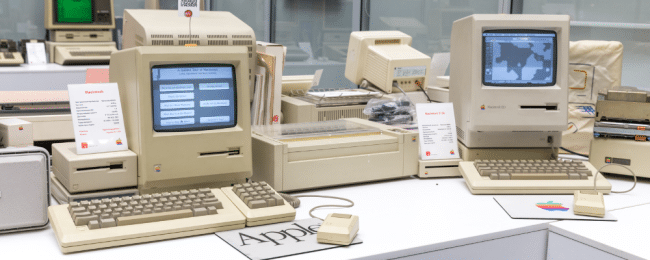
The iPod (2001)
Apple’s launch of the iPod marked the beginning of a music revolution. The sleek device and the “1,000 Songs in Your Pocket” campaign redefined how we listened to music. Apple’s shift toward simplicity and elegance in product design and marketing was evident.
The iPhone (2007)
Steve Jobs introduced the first iPhone in a memorable keynote address. The “Apple Reinvents the Phone” tagline was fitting for a device that revolutionized communication, entertainment, and productivity. Apple’s marketing emphasized the iPhone’s user-friendly interface and ecosystem.
The iPad (2010)
Apple’s iPad launch showcased the device’s versatility with the tagline “A Magical and Revolutionary Device.” Their marketing strategy focused on how the iPad could fit seamlessly into various aspects of users’ lives, from work to entertainment.
The Apple Watch (2015)
The Apple Watch launch brought wearable technology into the mainstream. Apple’s marketing approach emphasized health and fitness, positioning the watch as a vital companion for a healthier lifestyle. They also highlighted its fashion-forward design.
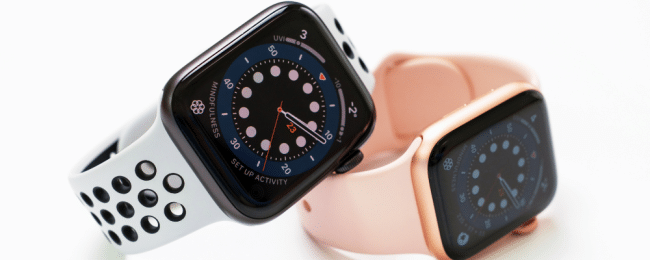
The AirPods (2016)
Apple’s AirPods transformed the wireless audio industry. Their “Wireless. Effortless. Magical.” campaign emphasized the ease and convenience of AirPods. The distinctive design became an iconic symbol of wireless audio.
The M1 Chip (2020)
Apple’s transition to using its M1 chip in Mac computers was groundbreaking. Their marketing focused on performance, energy efficiency, and the idea of “Apple Silicon,” highlighting their control over hardware and software integration.
Marketing Lessons We Can Learn from Apple Events
Apple’s product launches are more than just unveilings; they are masterclasses in marketing. These events have consistently set the standard for creating excitement, anticipation, and consumer engagement. Here are some valuable marketing lessons we can learn from Apple’s event playbook:
1. Create Anticipation
Apple’s ability to generate buzz long before an event is a marketing triumph. By releasing teasers and cryptic invitations, they build anticipation and curiosity.
Lesson: Start generating excitement well in advance of your product or event launch.
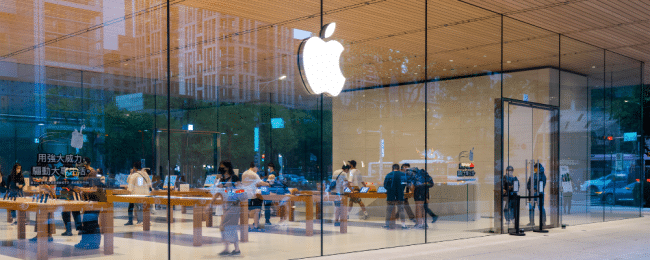
2. Storytelling Matters
Apple doesn’t just introduce products; they tell stories. Whether it’s the underdog narrative of the Macintosh or the transformative impact of the iPhone, their storytelling resonates emotionally.
Lesson: Craft a compelling narrative that connects with your audience on a personal level.
3. Simplicity Sells
Apple’s minimalist design philosophy extends to their event presentations. Clean visuals, simple messages, and a focus on the product are key.
Lesson: Keep your marketing materials and messaging clear and concise.
4. Surprise and Delight
Apple often surprises audiences with unexpected announcements or features. These surprises generate excitement and keep the audience engaged.
Lesson: Incorporate an element of surprise or novelty in your marketing campaigns.
5. User-Centric Focus
Apple emphasizes how their products will enhance users’ lives. They showcase real-world applications and benefits, making it about the customer, not just the product.
Lesson: Highlight the value your product or service brings to your customers.
6. Demonstrations and Hands-On Experience
Apple events often include live demonstrations, allowing the audience to see products in action. They understand the power of “show, don’t tell.”
Lesson: Whenever possible, let your audience experience your product or service firsthand.
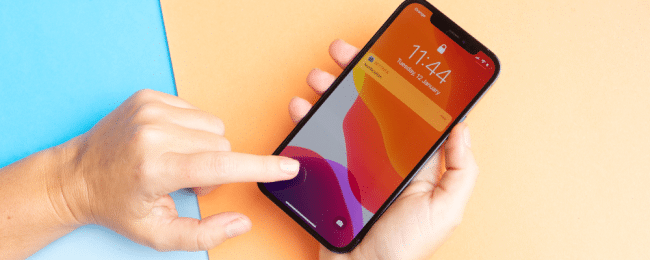
7. Ecosystem Emphasis
Apple events highlight how their products seamlessly integrate into an ecosystem, reinforcing brand loyalty.
Lesson: Showcase how your products or services complement each other for a holistic customer experience.
8. Engage the Audience
Apple encourages audience participation through live demos, Q&A sessions, and interactive elements. They make viewers feel like part of the event (and create word-of-mouth marketing).
Lesson: Engage your audience actively to create a sense of community and involvement.
9. Post-Event Content
Apple doesn’t stop at the event; they release follow-up content, videos, and product guides.
Lesson: Continue engaging with your audience after the event to maintain interest and support.
10. Consistency is Key
Apple’s events maintain a consistent brand identity, from their iconic white stage to their presenters’ attire. This consistency reinforces their brand image.
Lesson: Ensure your marketing materials align with your corporate identity for a cohesive message.
Examples of Brands that Nail New Product Launches
Apple isn’t the only company known for hosting major product releases with big events to generate excitement and anticipation.
- Nintendo: Nintendo Direct presentations are a regular way for Nintendo to announce new games, consoles, and updates for its popular franchises.
- Samsung: Samsung often holds “Unpacked” events to launch new flagship Galaxy smartphones, tablets, and other consumer electronics.
- Google: Google hosts “Made by Google” events to unveil its latest smartphones and other hardware products like the Google Home, Nest, and Pixelbook.
- Microsoft: Microsoft organizes events like “Microsoft Surface” launches to showcase new Surface devices, including laptops, tablets, and accessories.
- Tesla: While not traditional events, Tesla’s product unveilings, especially for new car models and features, have garnered significant attention and excitement.
Craft Extraordinary Marketing Campaigns with MARION
Apple’s success in marketing goes beyond their products; it’s in how they present and communicate them. By incorporating these lessons into your digital content strategy, you can captivate your audience and build excitement around your brand and offerings. At MARION, our expert team is here to transform your vision into reality, so don’t wait any longer. Reach out now, and let’s make marketing magic happen together!
Set up a consultation to take the first step.

